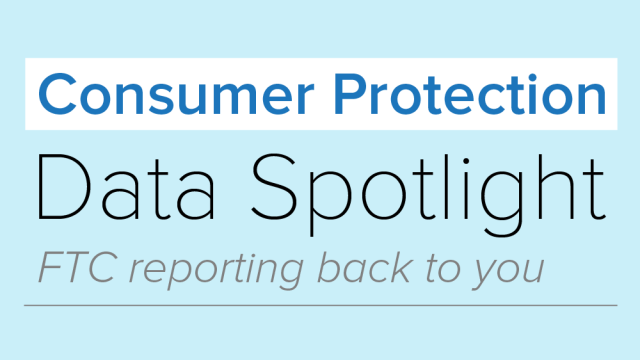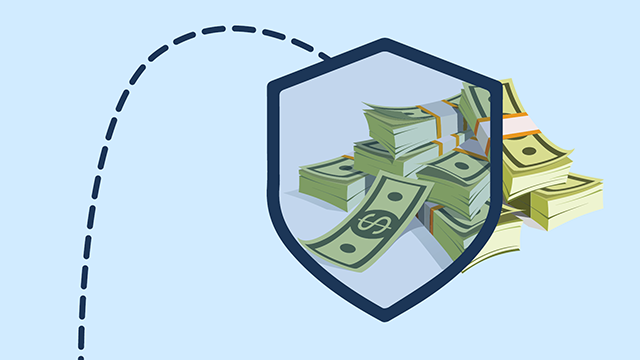An imposter scam is when a scammer lies and pretends to be someone they’re not to trick you into giving them money, access to your financial accounts, or your personal information. Scammers often pretend to be from a business you know or from a government agency — or both. They try to gain your trust and get you to believe they are who they claim to be.



